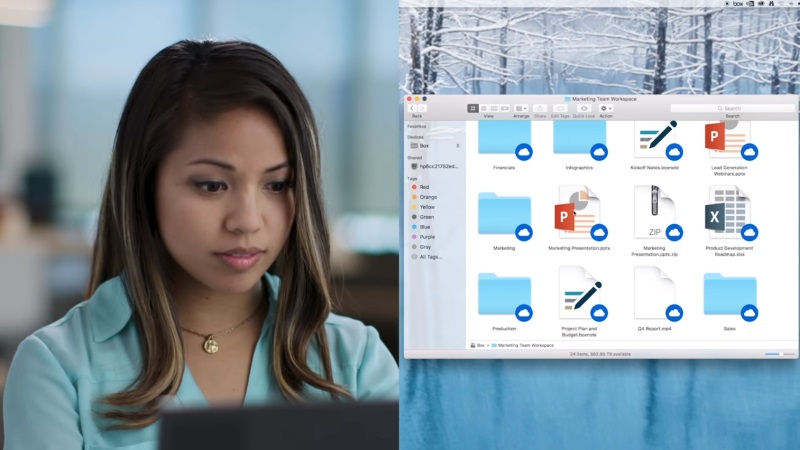Box Drive Will Let You ‘Stream’ Files From the Cloud to Your PC

While Google is planning to expand the backup service offered by its Drive desktop app, another cloud service, Box, has now launched its own Box Drive desktop app. As you might expect, the desktop app, available for Windows and macOS, essentially allows users to get access to their cloud files locally from their computers. The Box Drive desktop app is already available and can be downloaded from the company’s official website.
Importantly, users will be able to download the files from the cloud service on demand through Box Drive app and will not be required to keep a copy of files in the local storage, as in the case of other services like Google Drive and Dropbox. This feature will work quite similarly to the OneDrive on Demand feature announced recently. Dropbox offers ‘Smart Sync’ to its Business customers that provides similar functionality.
“Your content is streamed from the cloud to your desktop, taking up very little hard drive space as you access, share and work with all your files. And since Box Drive is natively integrated into Windows Explorer and Mac Finder, it’s built right into the way you already work,” the company says on its website.
While the new feature will work for end-users and business customers alike, Box is clearly positioning it as a feature for the latter.
“Box Drive is the only unlimited cloud drive built for the enterprise, giving you infinite access to all of your files in Box, by streaming them directly to your desktop. That way, you have access to ALL of your content – even tens of millions of files – right at your fingertips, without putting the hurt on your hard drive,” the company said in a blog post. It further highlights the enterprise-grade features of its service.
“With Box Drive, you have the same enterprise-grade security and compliance capabilities you do with Box, just on the desktop: HIPAA, FINRA, and FedRAMP compliance, Binding Corporate Rules, data retention policies, and more. And because files are no longer stored on users’ hard drives by default, lost or stolen devices have a much lower risk of data loss,” Box added.
[“source-gadgets.ndtv”]



